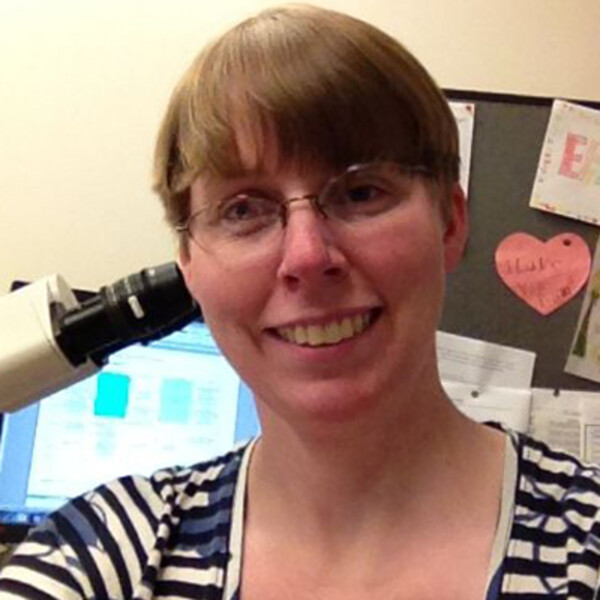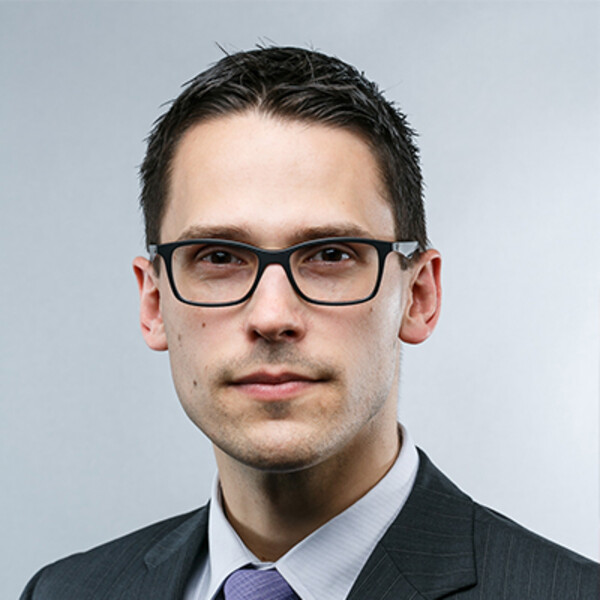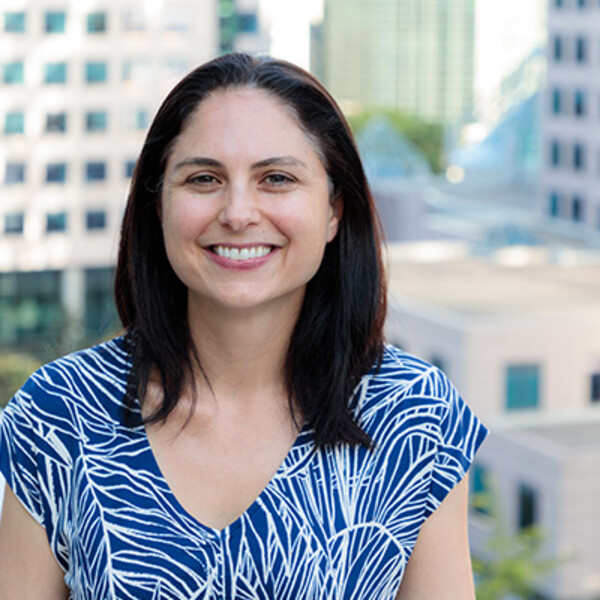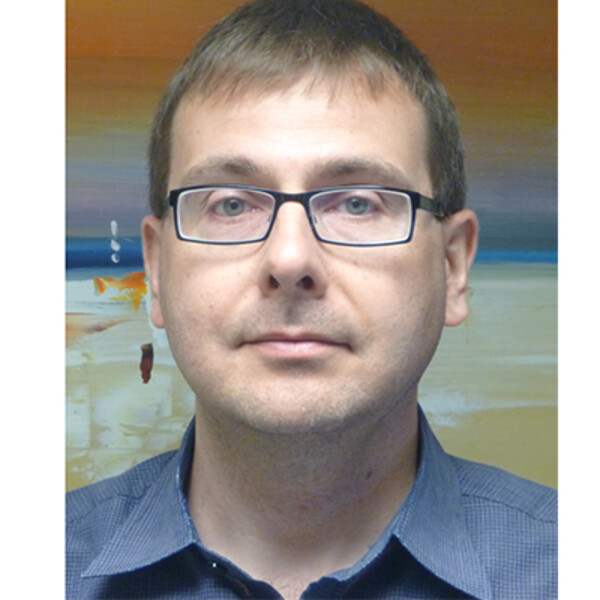Breadcrumbs
- Home
- Medical students
- Shadowing experiences for U of T medical students
Shadowing Pathologists and Lab Medicine experts: Enriching Educational Experiences for U of T MD students
This page is aimed at students registered in the MD program at the University of Toronto only
Join our mailing list: find out more about LMP programs
Laboratory Medicine is a very dynamic, hands-on profession that is best experienced in person!
An Enriching Educational Experience (EEE) is a short-term placement you organize directly with the physicians you are interested in shadowing. It enables you to gain first-hand experience in medicine, building on the foundational learning of your regular core curriculum. Enriching Educational Experiences are an important opportunity to help you explore different medical specialties, helping you to discover what you love to do.
MD students at the University of Toronto can apply for an enriching educational experience in the Department of Laboratory Medicine and Pathobiology. You must complete a certain number of EEE hours as part of your program.
“Observerships” are a similar experience, but for Postgraduate trainees, and not open to undergraduate medical students.
What U of T MD students can experience in LMP
LMP specialists typically offer Enriching Educational Experiences in areas such as:
- Anatomical and Surgical Pathology
- Hematopathology
- Neuropathology
- Medical Microbiology
- Transfusion Medicine
This is not an exhaustive list, and you can browse LMP faculty members available for enriching educational experiences and filter them by specialty in our faculty directory.
See faculty offering Enriching Educational Experiences.
How to apply for an Enriching Educational Experience in LMP
Each hospital in our network manages Enriching Educational Experiences differently.
To help you, we can try to match you with a member of our faculty across our partner Toronto sites. Complete the form below and we will be in touch.
You must currently be enrolled in the MD program at the University of Toronto to apply.
Apply to shadow a Lab Medicine expert (U of T MD students only)
If you are an LMP faculty member
If you are a faculty member in LMP and you're interested in offering an EEE, or shadowing experience, complete our form.
If you are not currently an MD student at the University of Toronto
If you are not currently enrolled in the MD program at the University of Toronto, you may consider an Observership. Observers do not register with LMP or the Postgraduate Medical Education (PGME) Office. Doctors who wish to arrange an observership must do so by contacting the hospital in which they wish to have observer status.
For more information, please contact affiliated Hospitals directly.

Contact us
If you are an MD student at U of T and have any questions about shadowing a Lab Medicine specialist, contact:
Dr. Mario Capitano
Lecturer, Department of Laboratory Medicine & Pathobiology
Anatomical and Hematological Pathologist, Unity Health Toronto, St. Joseph’s Health Centre
416-530-6000
Who could you shadow?
Below are some examples of our Laboratory Medicine Faculty you could shadow.

Dr. Eleanor Latta, Pathologist, St. Michael's Hospital
Dr. Latta did her medical school training and residency in Anatomical Pathology at the University of Toronto.
She has been working as a Pathologist at St. Michael's Hospital since 2002, specializing in Gynecological Pathology and Cytopathology, as well as doing general surgical pathology.
She has been a strong participant in education at the undergraduate and post-graduate levels, and is always delighted to have medical students come to learn more about pathology.

Dr. Andrew Williams, Forensic Pathologist, Provincial Forensic Pathology Unit, Toronto
Dr. Williams has completed residencies in Anatomical Pathology (Dalhousie University, 2016) and Forensic Pathology (University of Toronto, 2017).
He joined the Provincial Forensic Pathology Unit in Toronto as a Category A Forensic Pathologist in 2017 and is an Assistant Professor in the Department of Laboratory Medicine and Pathobiology at the University of Toronto. In 2020, he completed a post-graduate Certificate of Advanced Studies in Forensic Imaging & Virtopsy at the University of Zürich in Zürich, Switzerland.
Dr. Williams is actively involved in the postmortem cross-sectional imaging program, workplace wellness initiatives, and resident and fellow education where he is the current Program Director of the Forensic Pathology Residency Training Program.

Dr. Larissa Liontos, Hematopathologist, Sunnybrook Health Sciences Centre
Have you ever wondered what your blood looks like under the microscope or where that bone marrow biopsy goes after the patient gets their procedure?
Come learn about Hematological Pathology where we analyze blood samples and make important diagnoses that are critical for patient care. Our Hematological Pathology Division is comprised of several pathologists who are instrumental in analyzing, interpreting and reporting test and biopsy results.
I'm an early-career academic pathologist at Sunnybrook Health Sciences Centre with a focus on education. I love to bring students to our lab, introduce them to the laboratory medicine professionals we work with and show them how exactly laboratory tests are performed and interpreted.

Dr. Joerg Schwock, Cytopathologist, Toronto General Hospital, University Health Network (UHN)
Cytopathology is the study of cells and tiny tissue fragments to determine the nature or cause of disease. Cytopathologists often work together with clinicians to obtain samples by using minimally invasive techniques. In the laboratory, cytopathologists are able to render a diagnosis and suggest targeted cancer therapies based on molecular studies including in those cases that are inoperable or inaccessible by other sampling methods. Cytopathology is a key part of personalized medicine.
Cytopathologist, Dr Schwock graduated from the University of Leipzig (Germany) in 2001. He received his Doctor of Medicine (Dr. med.) degree for research performed at the Institute of Biochemistry under Dr G. Kopperschlager.
In 2002 he started his postgraduate training in Surgical Pathology under Dr Ch. Wittekind. In 2003 he joined Dr Hedleys's lab at the Princess Margaret Hospital/Ontario Cancer Institute as one of the first trainees accepted into the CIHR Training Program for Clinician-Scientists in Molecular Oncologic Pathology.
He became a graduate student of the Department of Laboratory Medicine and Pathobiology at the University of Toronto and completed his studies in 2010 with a PhD. He successfully completed his training as Anatomical Pathologist and specialization as Cytopathology in 2015.
Read an interview with Dr. Schwock when he completed his Cytopathology training
